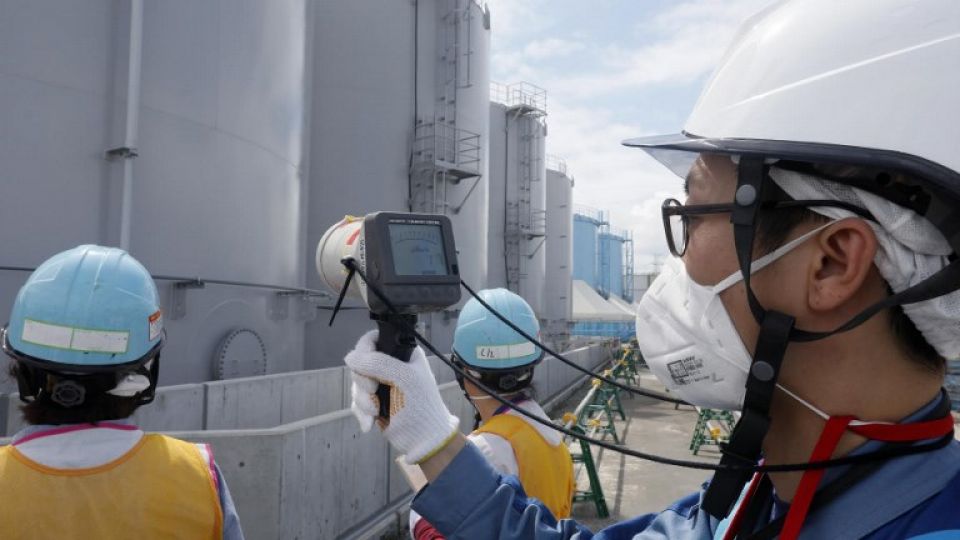August 2, 2018
Japan’s Atomic Energy Commission is seeking to cut the country’s plutonium stockpile for the first time in over a decade.
plutonium utilization for the first time in 15 years to state clearly that Japan’s plutonium stockpile should be reduced. The commission, chaired by Yoshiaki Oka, made the decision Tuesday to enhance transparency over the peaceful use of plutonium in the face of concerns over nuclear nonproliferation expressed by the international community.
47.3 tons in total
The commission also disclosed the amount of plutonium in Japan’s possession as of the end of 2017. About 36.7 tons of Japanese plutonium was held in Britain and France, while about 10.5 tons was stored domestically for a total of about 47.3 tons. This is up 0.4 tons from the end of 2016 and is equivalent to about 6,000 times the amount of plutonium in the atomic bomb that was dropped on Nagasaki.
The previous policy, agreed upon in 2003, included the principle that Japan should not possess “excess plutonium without a specific purpose,” but did not say anything about reducing the size of the stockpile.
The new policy states that priority will be given to reducing the amount of plutonium held in Britain and France. Specifically, it proposes collaboration among electric power companies, such as having plutonium possessed by firms that have experienced delays in restarting nuclear power plants be consumed by other firms with reactors that have resumed operations.
Meanwhile, Japan Nuclear Fuel Ltd. is building a nuclear fuel reprocessing plant in Rokkasho, Aomori Prefecture. The plant, which would be able to extract plutonium from used nuclear fuel, is slated to be completed in fiscal 2021. If the plant operates at full capacity, it could add up to another seven tons of plutonium per year to the stockpile. Therefore, the government has laid out a new policy of only reprocessing the minimum amount necessary.
Japan’s plutonium stockpile climbed over 40 tons in 2003. While it declined slightly due to “pluthermal” power generation, which uses plutonium-uranium mixed oxide (MOX) fuel, from 2009 to 2011 and around 2016, it has stayed around 45 tons for the last 10 years or so.
N-plant delays
The biggest reason why the stockpile has not been consumed is the delay in restarting nuclear power plants after the 2011 disaster at the Fukushima No. 1 nuclear power plant operated by Tokyo Electric Power Company Holdings Inc.
There are currently only four nuclear reactors that can use MOX fuel — reactors No. 3 and 4 at the Takahama plant run by Kansai Electric Power Co. in Fukui Prefecture, reactor No. 3 at the Ikata plant managed by Shikoku Electric Power Co. in Ehime Prefecture, and reactor No. 3 at the Genkai plant run by Kyushu Electric Power Co. in Saga Prefecture.
The Ikata reactor is not currently operating due to a court’s provisional disposition order. The other three reactors consume only about one ton of plutonium per year. The Monju fast breeder reactor in Tsuruga, Fukui Prefecute, was expected to consume 0.5 tons per year, but was marked for decommissioning in 2016.
‘Extremely awkward’
The lack of progress in cutting the size of plutonium stockpile has caused concern in the international community.
In 2015, China criticized Japan at the U.N. General Assembly, saying it had enough plutonium to manufacture a large number of nuclear weapons, and that this represents a significant risk to the nuclear nonproliferation framework.
“Concerns that only Japan is continuing to accumulate plutonium are extremely awkward,” Oka said Tuesday. The same day, Chief Cabinet Secretary Yoshihide Suga said Japan would “continue to carefully explain itself to the international community.”


